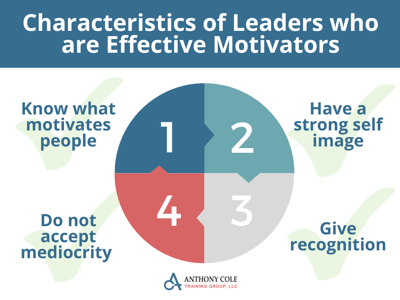As we begin the New Year of 2024, with volatile world events all around us, it is a perfect time to think about and focus on what you can affect and act on, in your personal and professional life to improve your relationships and results. This idea of reviewing what you should keep doing, start doing, and stop doing is borrowed from a past client of ours so we must give them credit. The process is worthy of your time to consider so please read on…
Keep Doing
An important distinction in the financial advisory world is that when you “sell” something to your clients, you are, in fact, helping them reach their financial goals and financial security. This is a motivating and positive mindset that helps advisors do the necessary sales activities on a consistent basis, and in turn, helps them grow their business. But we need to make sure our salespeople stay on top of their priorities and activities. This is not always easy, and it sometimes takes courage. To execute as sales managers, we must be keep having fierce conversations with our reps when activities aren't being performed. We must continue to manage our own activities and yet be strong and flexible enough to function as a team. We must keep encouraging each other when we have fallen behind. We must have the endurance to do this day in and day out.
It’s easy to get discouraged and frustrated when sales activities don't lead to results immediately. But, if your business plan is solid, your sales activity success formula is based on real data, and you review and manage these sales behaviors regularly, these good business practices will lead to the accomplishment of your goals. Keep doing them!
Start Doing
As a sales manager, you need to help your people start doing what they must do to be more successful at selling. Here are some activities that can lead to success in selling and to which you should start doing if you are not already:
- Determine specific goals and include personal as well as professional goals. Start with 100 goals, boil that down to the top 10 and then filter out the top 3 non-negotiable goals. Remember, people achieve sales goals to reach personal aims, not company targets. Download our 100 Personal Goals Worksheet Here
- Advisors should have a specific plan to reach their goals. If they don’t have a plan, help them create one. The plan should include specific activities required for success and set “standards” for each of these activities and you must keep them accountable to those standards.
- Have a process of reporting activities and results; we suggest a weekly sales huddle as the venue. There is nothing as powerful as being part of a group. Peer pressure is hugely motivating.
- Be a life-long learner. Being in the business 20 years is not good enough. You and your advisors have to be better and more knowledgeable today than you were last year.
- Adjust to the marketplace. This goes beyond dealing with the volatile economic climate. Today technology has changed how many people receive information and buy. There was a time when consumers relied on the salesperson to provide virtually all the information to make a decision. Now, most of the information (as well as the ability to make a purchase) is available online. Today’s manager role is to help clients identify their financial goals, make the right choices to reach them, and then implement the appropriate steps.
If you take the time to help your advisors analyze their business practices to identify what they need to do in order to be successful, you will have taken an important step toward accomplishing your goals. So, start now.
Stop Doing
Several years ago, I heard Verne Harnish, author of Mastering the Rockefeller Habits, speak. As part of his presentation on the “1-Page Business Plan”, he challenged the crowd with the following question: “What will you stop doing?” Typically, when companies (or individuals) create a business plan, they focus on the things they are going to start doing when what they really need is to focus on what they will stop doing.
I know that you can relate to this. We have worked with thousands of sales managers over the last 30 years, and the number one reason given for not spending sufficient time coaching their people is time. Their time is eaten up with other priorities, such as operations, paperwork, or meetings. However, you have to rise above this. You must determine what you will stop doing.
To help you get started, here are some potential “stop doing” activities you should consider:
- Stop allowing your salespeople to make excuses for their lack of activity. Discontinue those lengthy conversations and refocus them on getting the activity done.
- Stop getting so immersed in operations and finance. Find the right people in your organization with the perspective to understand what they must do and what you must do to get the whole job done.
- Stop dropping and doing everything for your salespeople. Schedule a specific time for discussions with your reps and avoid those interruptive drop-ins. By doing that, you will help them to solve many of their own issues. Your door cannot always be open.
It’s your turn now to determine what you need to “Keep Doing, Start Doing and Stop Doing” in 2024!




